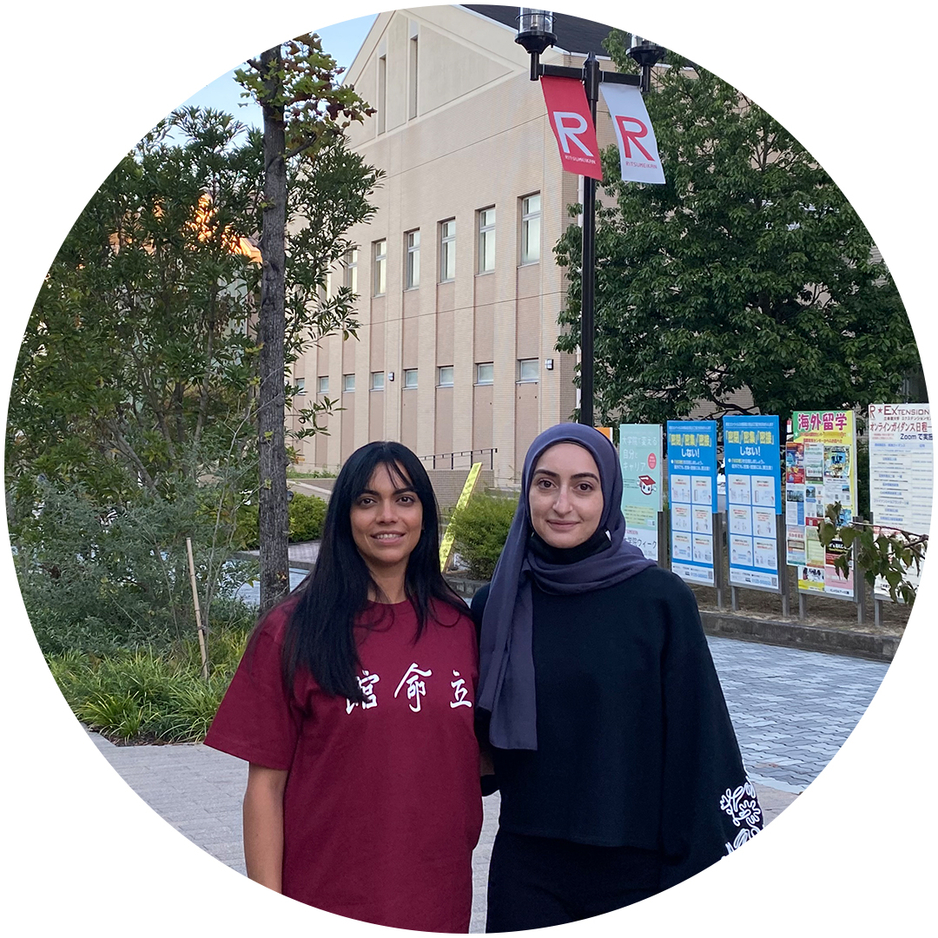In today’s health care settings, cultural competence and a good understanding of global health issues form a vital aspect of the overall competence of pharmacists working collaboratively in inter-professional teams. Accordingly, students may be exposed to various international, global and domestic policies and regulations, which shape health and pharmacy practice systems.
Advanced Pharmacy Practice Experience (APPE): International Elective Rotations
APPE International Elective rotations give students perspective on how pharmacists can contribute positively to patient care within the overall global and public health arena. By providing students with opportunities to practice in cross-cultural settings, we work to enhance cultural competence, global health literacy, and global citizenship.
Although most experiential rotations in the Pharmacy program will occur within Ontario, there may be a small number of rotation opportunities that arise outside of Canada.
Study Abroad Additional Requirements
In preparation for participating in a University of Toronto’s out-of-country program, students must:
1. Complete the Safety Abroad Requirements, including both the Safety Abroad Workshop and the Safety Abroad Registry
The Safety Abroad Workshop is a series of online modules and covers topics such as health and wellness, personal safety, and intercultural awareness. The Workshop is valid for 18 months from the date of completion.
The Safety Abroad Registry allows U of T Safety Abroad to track your travel dates and location so that we can offer support and emergency assistance.
In order to register you will need:
- An emergency contact
- Health insurance
- Your passport
- Local contact information
You need to complete a registration for each trip you go on. One trip can have multiple locations.
2. Review and consent to health and safety risks.
All participants are required to familiarize and consent to the risk of the particular out-of-country activity, and take appropriate precautions as needed. Students should consider any personal information that may be relevant to travel (e.g. medical history, special needs, sexual orientation). The participant is strongly encouraged to discuss any concerns with the activity sponsor or the Safety Abroad Office.
3. Complete all designated Health and Safety Workshops.
Participants are required to complete all designated training and preparatory sessions. Additional workshops are available through the Safety Abroad Office. If possible, participants should attend an onsite orientation or otherwise conduct their own onsite safety audit.
4. Obtain appropriate Immunizations / Prophylaxis.
Participants are responsible for obtaining appropriate immunizations and/or prophylaxis for their destinations, and must also ensure that their routine immunizations are up to date. Participants are strongly encouraged to consult with a travel medical clinic and health care providers.
5. Obtain Comprehensive health insurance for the duration of their study abroad program.
Participants are required to obtain comprehensive and sufficient health insurance appropriate to their travel and work abroad. Please note that UHIP coverage outside of Canada is severely limited, and not considered sufficient nor appropriate outside of Canada. OHIP coverage outside of Canada is also severely limited. More information about travel health insurance.
6. Possess all necessary travel documents.
Participants are responsible for ensuring that they have the appropriate documents for travel, including passport and visas (work visa if required). Participants should consult with the Consulate from the host country where they will be travelling to.
7. Communicate with the University while abroad.
Participants are required to regularly check their UToronto email during their placement. In an emergency, it may also be necessary for the University to contact the participant by phone. When possible, a current number should be listed in the database profile. If either phone or email becomes unavailable, an alternative communication plan should be discussed with your activity sponsor.
8. Report problems to supervisors, sponsors, and/or advisors.
Participants must report any newly identified hazards to the activity sponsor or safety abroad advisor in a timely manner. Participants have the right and responsibility to refuse to participate in any activity that they deem unsafe and report this immediately to the onsite supervisor or activity sponsor, as appropriate. ALL health and safety incidents should be reported to the onsite supervisor, activity sponsor, or safety abroad advisor. Participants are to familiarize themselves with the University’s emergency procedures.
The Safety Abroad Office
Safety Abroad is a service available to UofT students who travel abroad for a University activity. Safety Abroad partners with students, staff and faculty to minimize risk by:
- Providing direction to the University in regards to managing risk pertaining to student travel abroad;
- Monitoring situations abroad and advising students on any emerging issues;
- Providing emergency support when regional or personal emergencies arise
If you are travelling outside of Canada on a “UofT activity”, in other words if you are getting credit, funding, or sanctioning from the University, you are required to register with Safety Abroad before you travel.
Make sure to review the resources available to you In an Emergency prior to departure, and reach out to safety.abroad@utoronto.ca with any questions or concerns.
Contact the OEE for more information at oee.phm@utoronto.ca
